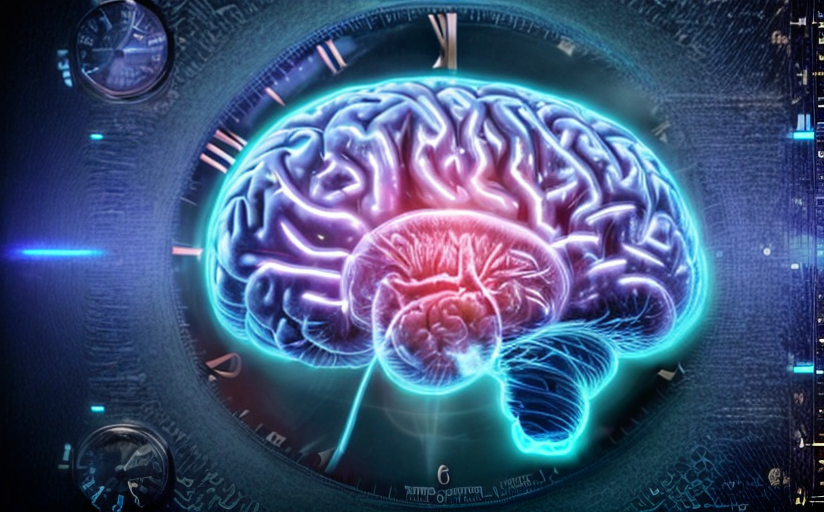The Relationship Between Our Circadian Rhythms and Mental Health
The intricate relationship between our body's internal biological clock, also known as circadian rhythms, and mental health is a fascinating topic of study. Recent research indicates that disruptions to these rhythms could potentially lead to various mental health issues, including depression, anxiety, and bipolar disorder.
How Circadian Rhythms Influence Mental Health
Our circadian rhythms are regulated by an internal bodily process which repeats roughly every 24 hours. They play a vital role in regulating various bodily functions including metabolism, temperature control, and the sleeping and feeding patterns. Any disturbance to these natural rhythms can have profound impacts on physical and mental health. What is increasingly apparent is the significant impact of these disruptions on mental health.
Lifestyle Factors and Circadian Rhythms
Various lifestyle factors can influence our circadian rhythms. For instance, irregular or night shift work can cause a mismatch between our internal body clock and the external environment - a state known as 'circadian misalignment'. Long distance air travel crossing multiple time zones can also result in a similar disruption known as 'jet lag'. Even our social habits, such as late-night socializing or screen usage, can delay our circadian rhythms. These off-balance rhythms could contribute to the development or exacerbation of mental health disorders.
Evidence Linking Circadian Rhythms and Mental Health
Multiple studies have demonstrated the significant link between circadian rhythms and mental health. One notable example is a study from the University of Glasgow, which analysed data from over 90,000 people and found that disruptions to circadian rhythms were associated with an increased risk of mood disorders such as depression and bipolar disorder.
Coping Strategies and Treatments
Given the established connection between circadian rhythms and mental health, it's clear that regulating these rhythms could potentially improve mental health outcomes. Adopting a regular sleep-wake schedule, minimizing exposure to light during the night, regular exercise and maintaining a healthy diet are some of the lifestyle modifications that can help. Furthermore, there are therapeutic interventions available, such as bright light therapy, which have shown to be effective in treating certain mood disorders by working to realign the patient's circadian rhythms.
In conclusion, understanding the link between our circadian rhythms and mental health is increasingly important in a world where modern lifestyle habits and work demands often disrupt our body clocks. While further research is needed, the current evidence suggests that by taking steps to regulate our circadian rhythms, we can potentially alleviate some mental health conditions and improve overall well-being.
















Comments
Leave a Comment